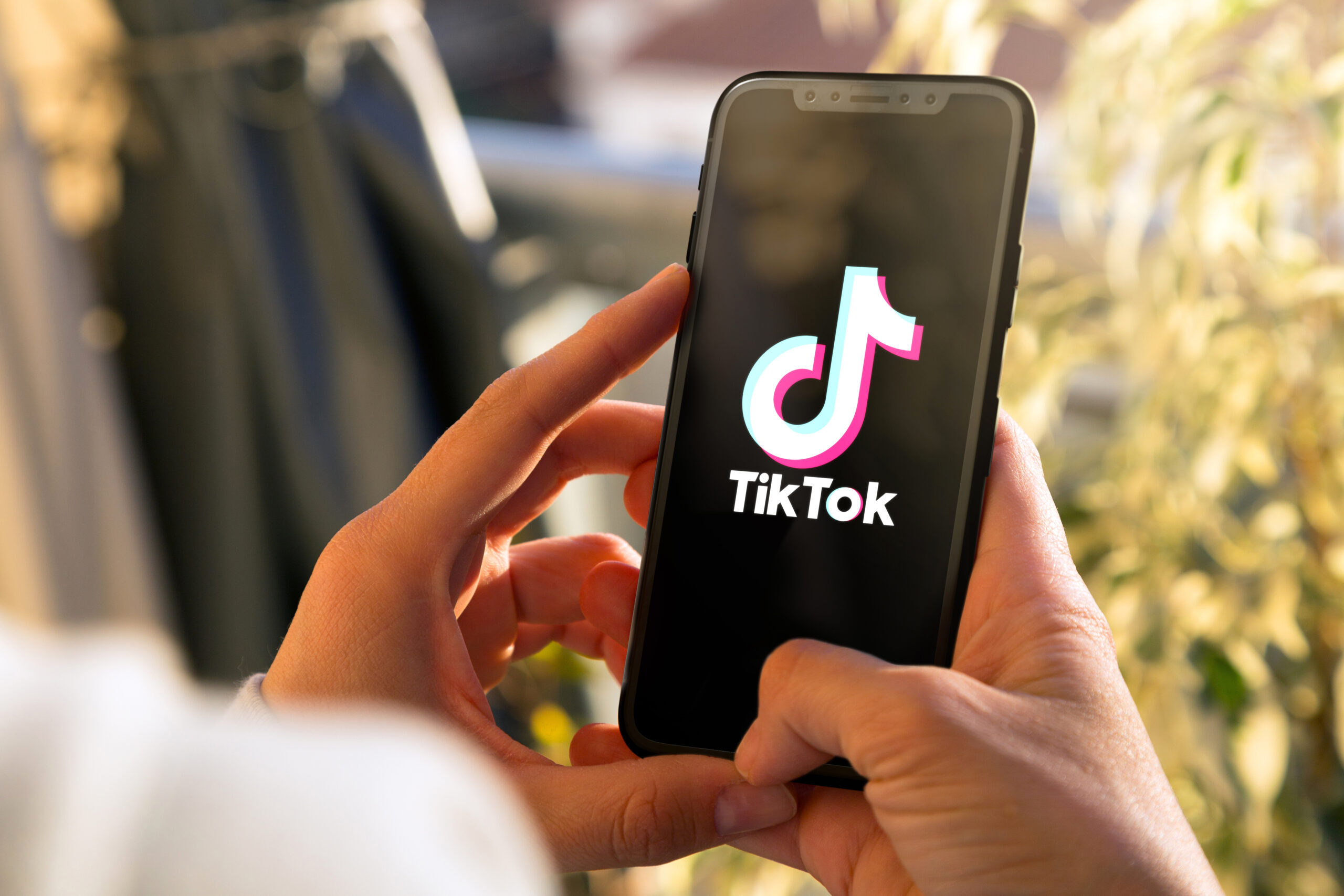The countdown to the 2014 World Cup in Brazil has long since started.
With an air of Groundhog Day, the build-up to a massive sporting event is always surrounded by worries of delays in construction and reports of blown budgets taking over the mediasphere.
That was the case with the Athens Olympics in 2004 and certainly the 2010 FIFA World Cup. So what of the return of football’s biggest competition to Brazil in 2014.
Stadium construction falling behind schedule and fear surrounding the infrastructure conditions might be on the list of concerns, but what has really been causing attrition between the hosts and FIFA is a legal conundrum.
World Cup General Law
The World Cup General Law, a package of extraordinary measures to be applied specifically for the event, has yet to be approved by the Brazilian congress, even though the Organising Committee had assured FIFA the regulations would be in place by the end of 2009, two years after football’s governing body confirmed the country as the 2014 hosts.
Despite the legislation finally being passed by the Brazilian equivalent of the House of Commons at the end of March, it only went through the Senate in May, amidst a lot of horse-trading, and only in the beginning of June received the seal of approval of President Dilma Rousseff. But Mrs. Rousseff applied her power of veto to two crucial points.
Alongside the polemical nature of some of the commitments expected by FIFA lies the complexity of the country’s legal system and a fair amount of public opinion.
In a nutshell, bidding to host a World Cup includes accepting a series of FIFA guarantees designed not only to shore up its interests but also to protect the sponsors that spend a considerable amount of money to associate their brands with the event.
A beer with the game…
To that end, the fact that the sale of alcohol in football stadiums is forbidden in some parts of Brazil (much like the United States it is decided at a state, not federal level) definitely stands as a problem when one of the World Cup’s main sponsors is a brewery.
Also at state level there are laws establishing hefty concessions to students and pensioners in ticket prices for national and international events – a bonanza that was met with extreme resistance from FIFA executives.
Taking it to the streets
Finally, there were also discussions involving what FIFA and Brazilian MPs found fair in regards to brand protection and anti-piracy actions. With 2012 an electoral year, one can hardly be surprised to see some legislators showing reluctance towards endorsing measures against street vendors – Brazil have a considerable chunk of its workforce in the informal labour market.
To make matters more complex, the deals reached by Congress do not have to be endorsed by the president. And Mrs. Rousseff demonstrated exactly that by torpedoing the compromise reached by FIFA and MPs, which would have seen State laws giving concessions suppressed, in favour of a pre-established quota of 300,000 World Cup tickets sold at low prices, including a minimum 10 percent for games involving the Brazilian national team.
The veto of this proposed compromise means that FIFA and the Organising Committee will now have to negotiate directly with the 12 governors whose states will be hosting World Cup games in order to protect their ticketing income interests. At least the President played ball with one of FIFA’s major sponsors by overruling the decision that sales of alcohol would also have to be negotiated at state level.
With issues such as these still to be resolved, talk of construction delays and unfinished stadiums will have to wait. The countdown continues…






